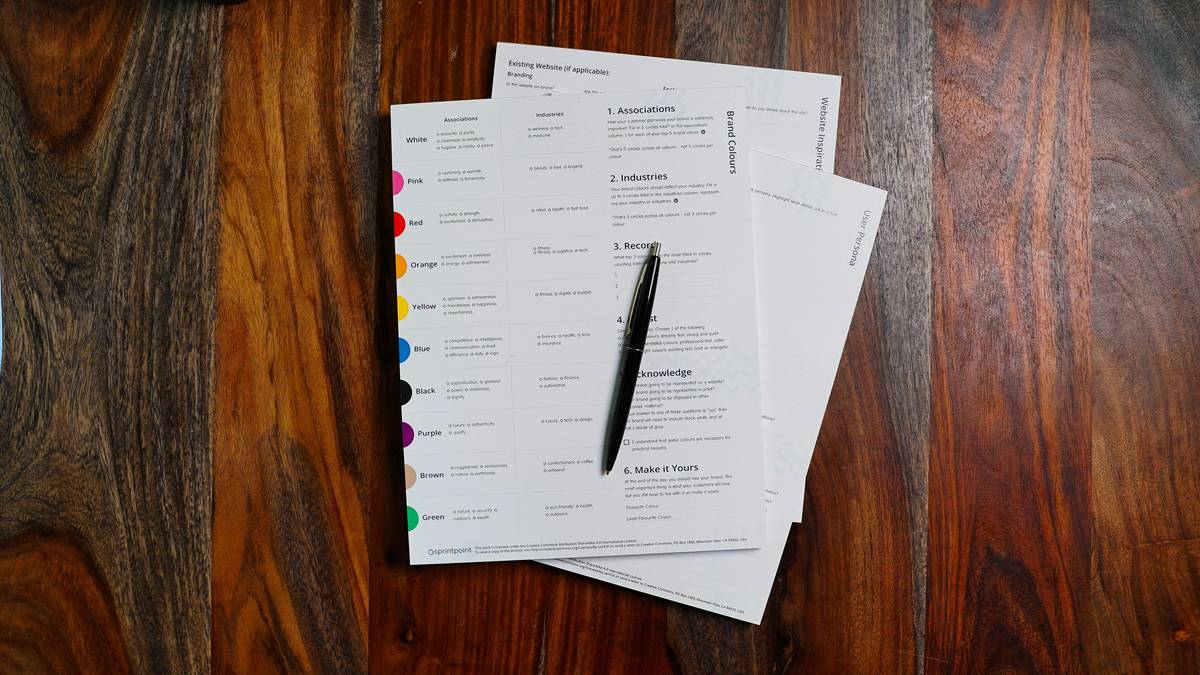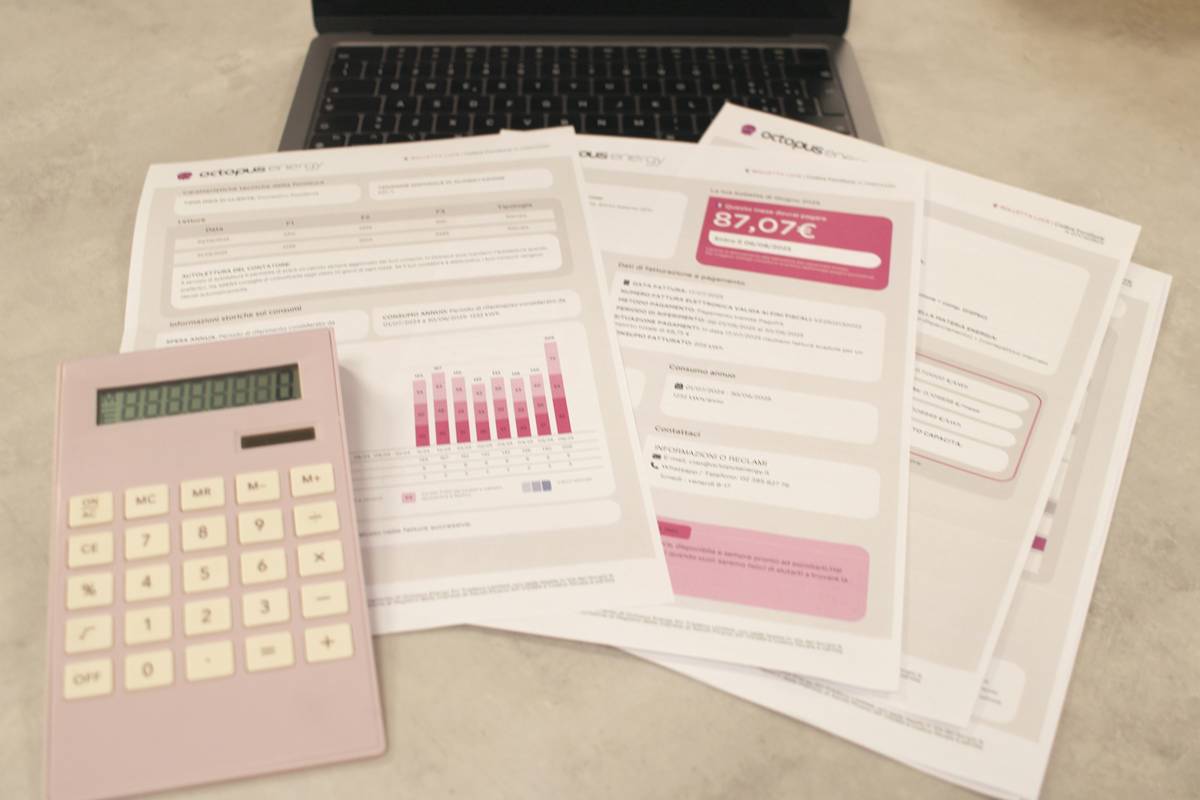Ever stared at your student loan balance and wondered, “Is there any way out of this?” You’re not alone.
Loan deferment could be your golden ticket—but only if you meet the deferment criteria. In this guide, we’ll break down everything from what qualifies you for deferment to insider tips on how to get approved. Let’s dive in so you can breathe easier about those monthly payments!
Table of Contents
- Key Takeaways
- Why Should You Care About Deferment?
- How to Check If You Meet Deferment Criteria
- Tips to Improve Your Chances
- Real-Life Examples of Successful Applications
- FAQs About Loan Deferment
- Conclusion
Key Takeaways
- Loan deferment temporarily pauses your loan payments but requires meeting specific deferment criteria.
- Common qualifications include financial hardship, active military service, or returning to school.
- Applying incorrectly might lead to rejection—avoid these common pitfalls with our step-by-step guide.
- Real-life examples show how others successfully navigated the process.
Why Should You Care About Deferment?

If you’ve ever felt like throwing your laptop out the window while staring at your loan statement, welcome to the club. Student loans, car loans, mortgages—it all adds up. And when life throws a curveball—job loss, medical bills, unexpected expenses—you might find yourself unable to keep up with payments.
I once tried calling my loan servicer during an income crunch without knowing the right questions to ask. Spoiler alert: It didn’t go well. I was clueless about deferment criteria, and the robotic voice on the other end wasn’t much help either.
That’s why understanding loan deferment is crucial. Instead of letting late fees pile up or risking default, deferment gives you breathing room by pausing payments—without compromising your credit score. Sounds amazing, right? But it’s not always as simple as asking nicely.
How to Check If You Meet Deferment Criteria

Ready to see if you qualify for loan deferment? Follow these steps:
Step 1: Review Eligible Reasons for Deferment
First things first, most lenders require one of the following reasons:
- Economic Hardship (e.g., unemployment)
- Active Military Duty
- Enrollment in School
- Cancer Treatment
- Graduate Fellowship Programs
Step 2: Gather Documentation
Lenders love paperwork. To prove your situation, gather supporting documents like:
- Pay stubs or proof of unemployment
- Military orders or enrollment verification letters
- Medical records or billing statements
Step 3: Submit Your Application
Once you have your ducks in a row, head over to your lender’s website. Fill out the application carefully, ensuring every detail matches your documentation.
Optimist You: “This sounds straightforward!”
Grumpy You: “Yeah, unless they ask for that one obscure document you forgot to scan…”
Tips to Improve Your Chances

Tip #1: Double-Check Deadlines
Missing deadlines could mean missing out entirely. Set reminders in your calendar!
Tip #2: Be Honest
Fudging details won’t fly here. Lenders can verify everything, and lying will disqualify you faster than dial-up internet crashes.
Terrible Tip Alert: Don’t Forget Coffee
Seriously? Applying for deferment can feel draining, emotionally and mentally. Keep yourself caffeinated—and sane.
Rant Section: Why Can’t Forms Be Easier?
Confession time: The worst part of applying for deferment wasn’t even the uncertainty; it was filling out forms designed by someone who clearly hates humans. Who needs three fields just to confirm your address?! UGH.
Real-Life Examples of Successful Applications
Case Study #1: Sarah’s Story
Sarah lost her job mid-pandemic and struggled to make ends meet. After reviewing her options, she discovered she qualified under economic hardship. She collected her unemployment verification letter, submitted her application, and voilà—payment pause granted.
Case Study #2: Mike Goes Back to School
Mike decided to pursue his master’s degree while juggling a mortgage. By submitting his enrollment verification form, he secured a multi-year deferment until graduation.
FAQs About Loan Deferment
Q1: Will Interest Accrue During Deferment?
Yes, typically interest continues accruing unless you have subsidized loans.
Q2: What Happens After My Deferment Ends?
You’ll resume regular payments, though some lenders offer graduated repayment plans.
Q3: Can I Apply Multiple Times?
Potentially, yes—but each application must meet its own set of deferment criteria.
Conclusion
Navigating deferment criteria doesn’t have to feel impossible. With the right tools, knowledge, and patience (and maybe some coffee), you can secure temporary relief from your loans. Remember to check eligibility, prepare documentation, and submit accurately.
Like a Tamagotchi, your finances need daily attention—even when times are tough. Stay informed, stay proactive, and take control of your financial future!


